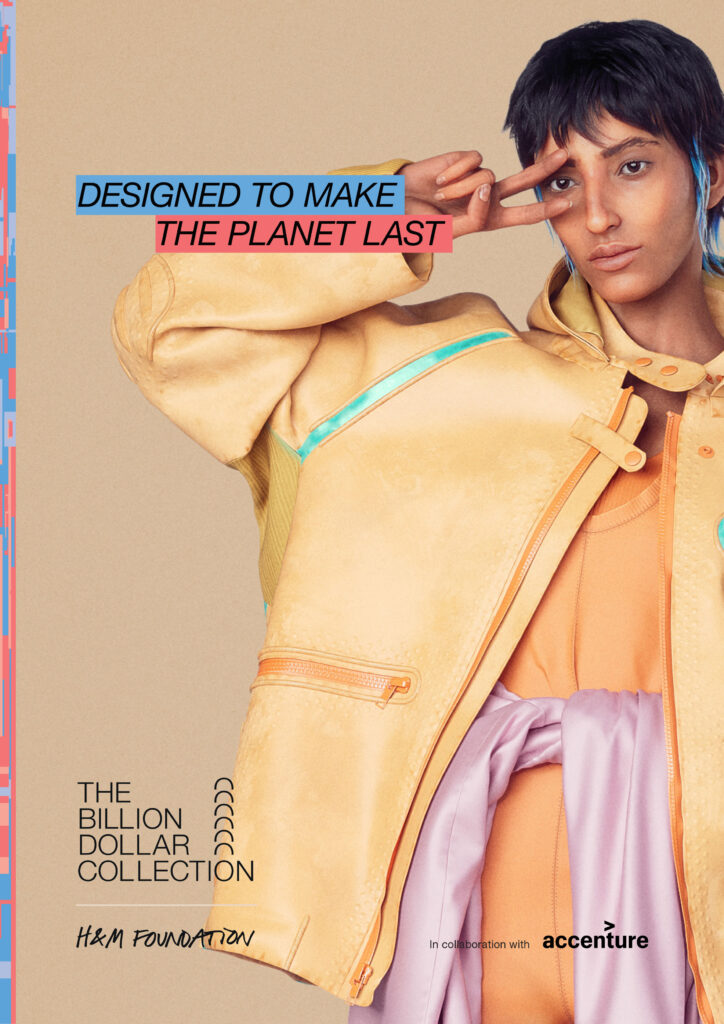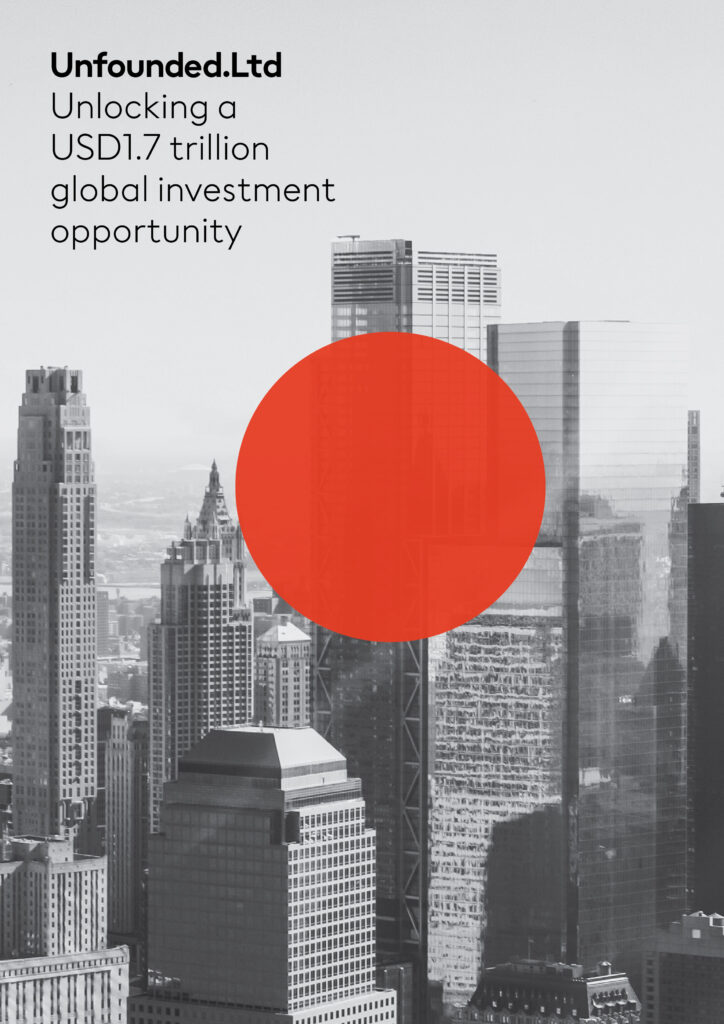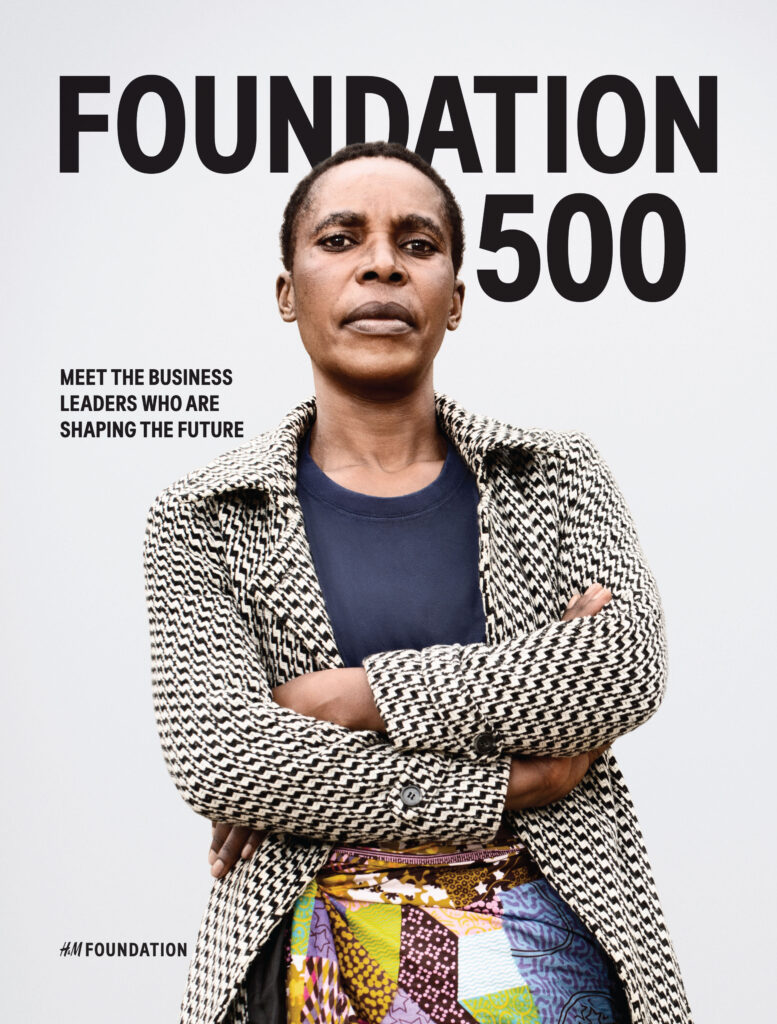Resource centre
Gaining and sharing insights is essential to driving real impact. Below, you’ll find a curated selection of reports, books, and white papers – produced by our partners or sources that inspire and inform our work. These resources offer valuable knowledge and innovative ideas that guide our efforts toward creating a just and decarbonised textile industry.
Reports that have inspired our direction

Earth for All: A Survival Guide for Humanity
The Earth4All framework is about transforming the system we all rely on to create a fair and equitable future, while respecting the limits of our planet’s resources. These are the frameworks that our work leans on. The book is the result of collaboration between the 21st century Transformational Economics Commission and systems analysts and modelling teams. The lead authors are Sandrine Dixson-Declève, Owen Gaffney, Jayati Ghosh, Jørgen Randers, Johan Rockström and Per Espen Stoknes.

Centering Equity in Collective Impact
This article from the founders of Collective Impact in Stanford Social Innovation Review, describes the Collective Impact model and how it has evolved to center equity as a prerequisite.

Sustainability and Circularity in the Textile Industry Value Chain – A Global Roadmap
UNEP’s report ‘Sustainability and Circularity in the Textile Value Chain: A Global Roadmap’ outlines what each stakeholder group can do individually and collectively to reach the shared destination of a circular textile sector.

Higher Grounds
In partnership with Schroders, the School of Industrial and Labor Relations produced these reports about the impacts of climate change on global apparel production.

Keeping Workers in the Loop
From automation to climate disruption, it considers the impact of a changing industry context and dynamics on workers and offers recommendations to industry and policymakers on creating a just, fair and inclusive circular fashion system.

Decarbonising Fashion by Decarbonizing Fashion, by UN Framework Convention on Climate Change
The milestones document is a representation of known decarbonisation targets, implementation initiatives and report analysis, compiled to support the Fashion industry’s transition to net zero carbon emissions.

The Nature of Fashion – moving towards a regenerative system
This report identifies decomposition as a critical part of nature’s material cycles that is missing from current industrial thinking, and “design for decomposition and dispersal” as the quickest route to a regenerative and equitable fashion industry.

Net positive
In Net positive, how courageous companies thrive by giving more than they take, former Unilever CEO Paul Polman and sustainable business guru Andrew Winston explode fifty years of corporate dogma. They reveal, for the first time, key lessons from Unilever and other pioneering companies around the world about how you can profit by fixing the world’s problems instead of creating them.

Unfit, Unfair, Unfashionable: resizing fashion for a Fair Consumption Space
This report, by he Hot or Cool Institute contributes to filling the knowledge gap that arises from prevailing climate scenarios related to fashion.

The Biodiversity Crisis Is a Business Crisis
As ecosystems decline, business faces significant risks, including higher raw material costs and a backlash from consumers and investors. But the crisis also creates real opportunity. In this report Boston Consulting Group set out to study the biodiversity crisis, understand the business role, and determine how companies should respond.

Fashion Futures 2030
Fashion Futures 2030 have been created for industry professionals and educators
to engage in critical consideration of fashion and nature through the exploration of four possible future scenarios. By engaging with these future scenarios, fashion industry and education can develop visions and commitments to guide strategy for design, business
and communication.

From Catwalk to Carbon Neutral: Mobilising Funding for a Net Zero Fashion Industry
The funding for decarbonizing the apparel sector’s production largely falls on manufacturers. This creates a significant gap in collective action and equitable financing. This report reveals the urgent need for a transformative approach to funding decarbonization in the apparel sector, exploring funding needs and constraints, current funding options, as well as proposed solutions for innovative financing models.

Just Transition: A trade union proposal to address the climate and social crisis
Produced by CUT-Brasil, this report aims at identifying the main specificities of the just transition agenda for the Brazilian working class and strengthen the fight against a production model that exploits people and destroys the environment and our future.
Reports produced by our partners

Community-Driven Change: Demonstrating Impact in Africa and India
This research initiative, created by our partner Bridgespan Group, aims to influence funders to practice Community Driven Change. This report showcases that if communities are empowered through knowledge, skills, financial resources, and the self-confidence to define and pursue their own development priorities, it can lead to more lasting and equitable impact.

The Water of Systems Change
This report by FSG aims to clarify what it means to shift the conditions that hold complex problems in place. FSG offer the “inverted triangle” framework as an actionable model for funders and others interested in creating systems change, particularly those who are working to advance equity.

Low-Carbon Thermal Energy Roadmap for the Textile Industry
This report, created by our partner Apparel Impact Institute, offers a data-driven roadmap – and a path forward. In five major textile-producing countries, China, India, Vietnam, Bangladesh, and Indonesia, it explores how five key countries can shift to low-carbon thermal energy in the near, medium and long term.

Bunon Publications
As part of our project Oporajita our partner LightCastle has created the Bunon initiative, a platform of publications as dedicated to empowering Bangladeshi women garment workers in the advent of Industry 4.0. The platform offers insights into the RMG sector in Bangladesh with the aim of fostering collaboration to improve the its competitiveness and ensuring women garments worker’s wellbeing.

A Roadmap to a Just Transition in Bangladesh
This report, authored by mission-driven consulting firm FSG and supported and co-funded by H&M Foundation and Laudes Foundation, offers transformative pathways for the textile, apparel, and construction industries to achieve a just and sustainable transition.

The Circularity Gap Report – Textiles
A first-of-its-kind report authored by Circle Economy, provides an in-depth view of the current circularity in clothing and textiles. The Circularity Gap Report Textiles urges immediate action to diminish the textile industry’s environmental impact by embracing circular economy principles such as reuse, recycling, and slow fashion.

Upstream Circularity Playbook
The Upstream Circularity Playbook is a pragmatic guide, offering best practice examples to establish and scale circularity practices in garment manufacturing countries, developed by Global Fashion Agenda.

Landscape and Opportunities to Finance the Decarbonisation of India’s Apparel Manufacturing
The report by Apparel Impact Institute (Aii) explores how to mobilise sustainable financing and support the decarbonisation of India’s textile and apparel industry.

Future of Work for Female Garment Workers in Bangladesh
This scenario planning is produced together with our partners FSG and The Asia Foundation to understand how employment outcomes for Bangladesh’s female garment workers are likely to evolve until 2030.

Alternate Futures for the RMG Industry in Bangladesh
Produced together with our partners FSG and The Asia Foundation this report outlines different scenarios possible for the future RMG sector in Bangladesh.

Gender norms and career advancement
What restricts women workers’ careers in the garment industry in Bangladesh? BBC Media Action conducted this formative study to explore how attitudes and perceptions regarding
gender manifest in the garment industry in Bangladesh, the role these are playing to restrict women
workers growth, and how these could be positively shifted to be more supportive to women taking up more supervisory or more technical roles in the workplace.

Digital financial services for garment workers in Bangladesh
The United Nations Capital Development Fund (UNCDF) has conducted this research on digital financial capabilities, financial products availability and usage, and social welfare ecosystem in Bangladesh.
Reports on communication

Pop culture – bursting the climate communicate bubble
With this report, our partner New Zero World with this work hope to provide simple, actionable frameworks and examples to empower communicators of all kinds, working across disciplines around the world to go beyond awareness raising and information sharing, and instead use culture to shape a future to fall in love with, not fear.

The Sustainable Fashion Communication Playbook
The Sustainable Fashion Communication Playbook, co-published by UNEP and UN Climate Change, provides a shared vision, principles and guidance on how to align consumer-facing communication across the global fashion industry with sustainability targets.

The death of coffee?
Our partner Planethon is dedicated to making science-based insights and future pathways accessible, relatable, fun and actionable. Science and imagination led futuring for transformative businesses. We cannot relate to a future that we cannot imagine. Discover their white paper which informs us that climate change isn’t an environmental problem, but rather an imagination problem.
Reports produced by us

Billion Dollar Collection
To help speed up the transition towards a more sustainable fashion industry, we created the virtual fashion collection Billion Dollar Collection. Each garment represents a ground-breaking innovation that has the potential to shape the fashion industry of tomorrow, if scaled up today.

Unfounded
Unfounded.Ltd was a fictive startup with the power to unlock USD330 billion in annual global revenue. The company embodied the untapped financial potential that women represent for the global economy, and through a campaign targeting the financial community we were aiming to help close the gender gap in finance.

Foundation 500
With Foundation 500 we wanted to challenge stereotypes and pave the way for women entrepreneurs. As a blink to the Fortune 500 list we created our own list – the ”Foundation 500” – an all-female list of 500 outstanding business leaders growing their companies in the harshest of start-up environments


